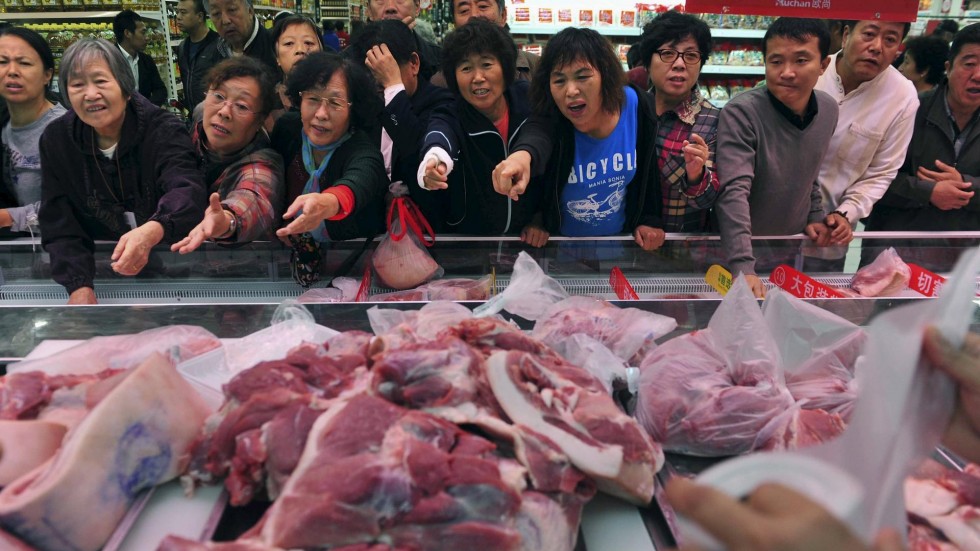China Customs Step Up Inspections of U.S. Pork Imports

China’s customs said on Monday it had ramped up inspections of U.S. pork and had taken unspecified regulatory steps on high-risk waste imports, confirming earlier Reuters reports
by Hallie Gu and Josephine Mason – Reuters
China’s General Administration of Customs said it has increased inspections of U.S. pork imports after finding problems recently, according to a fax it sent to Reuters. It gave no details of the problems it had encountered.
Reuters reported on May 8 that China has stepped up inspections of pork imported from the United States, a move that some trade experts believed was a warning by Beijing in response to sweeping U.S. trade demands made on China.
However, China’s customs administration said it had not taken extra steps to check imports of U.S. agricultural products, and that it gave equal treatment to inspections of agricultural products from all countries and districts.
“The United States had become the largest exporter of waste that failed checks”
China’s customs has also taken “regulatory steps on high-risk waste imports” since May 4, it said in the fax.
The United States had become the largest exporter of waste that failed checks, the customs said, but again it said that the steps were not targeting particular countries and were based on analysis of the risk of environmental damage.
The customs did not specify what regulatory steps it has taken on the waste imports.
The North American unit of a Chinese customs inspection firm said on May 4 it would suspend checks on cargoes of scrap metal from the United States for a month, effectively halting all imports of U.S. scrap.
The world’s two largest economies have been dragged into a trade spat in recent months, which has spread to the agricultural sector, fuelling worries that Beijing and Washington may plunge into full-scale trade war.
The United States has proposed tariffs on $50 billion of Chinese goods under its “Section 301” probe. Those could go into effect in June following the completion of a 60-day consultation period, but activation plans have been kept vague.
China has said its own retaliatory tariffs on U.S. goods, including soybeans and aircraft, will go into effect if the U.S. duties are imposed.
However, U.S. President Donald Trump pledged on Sunday to help China’s ZTE Corp “get back into business, fast” after a U.S. ban crippled the technology company, offering a job-saving concession to Beijing ahead of high-stakes trade talks this week.












